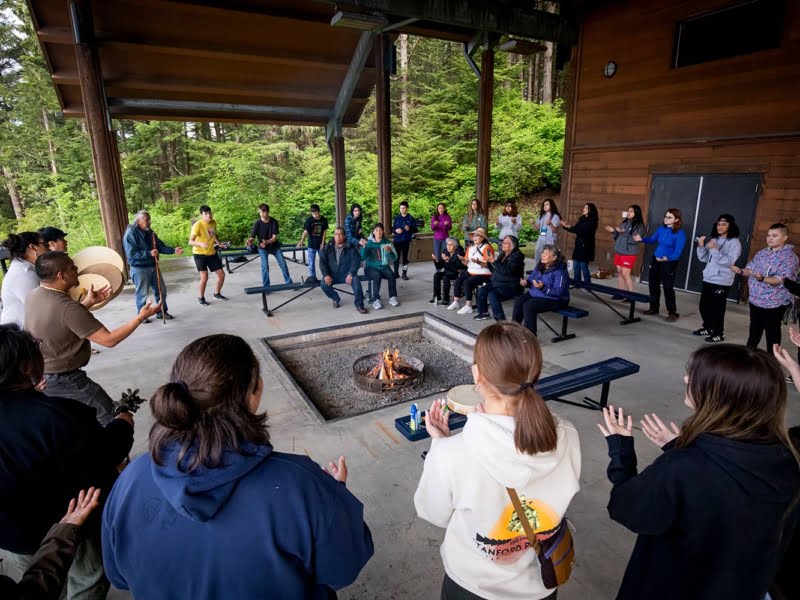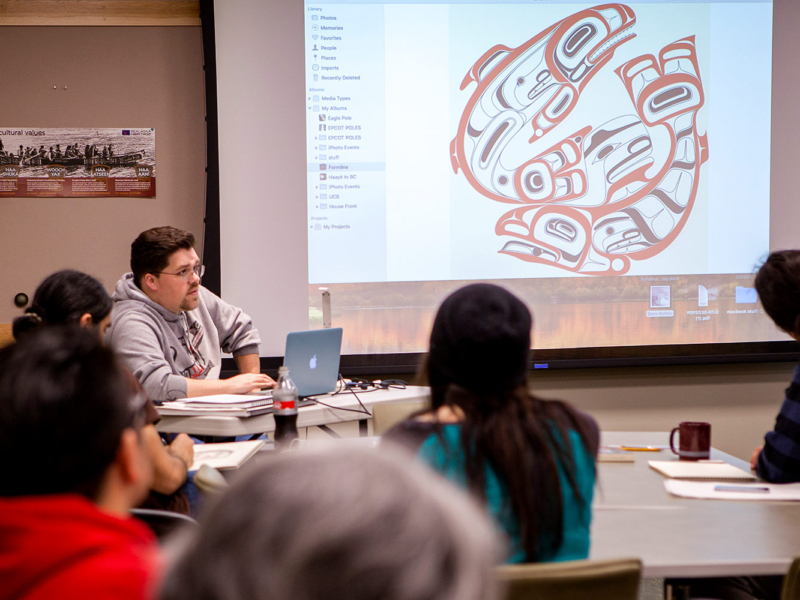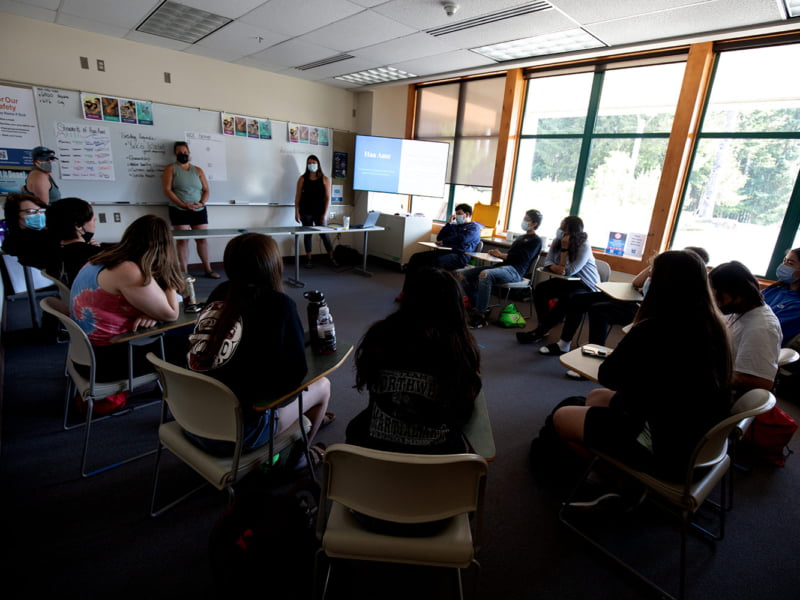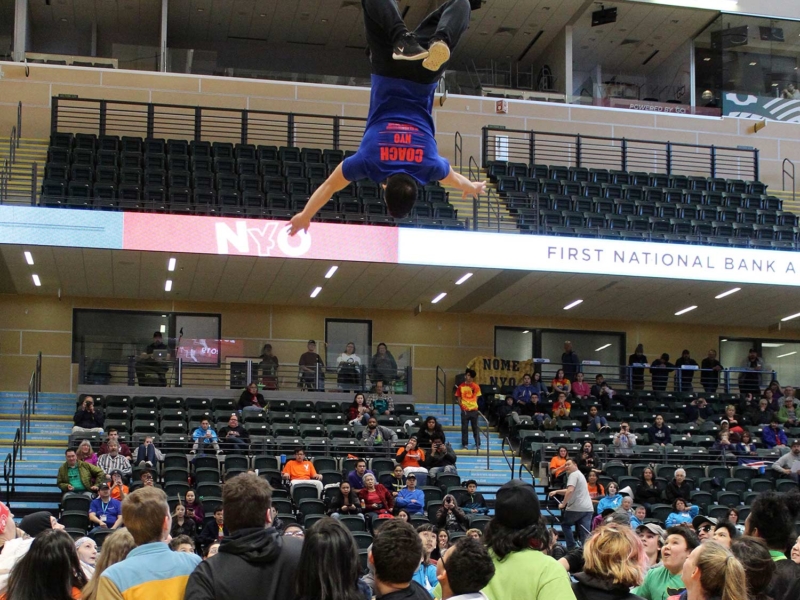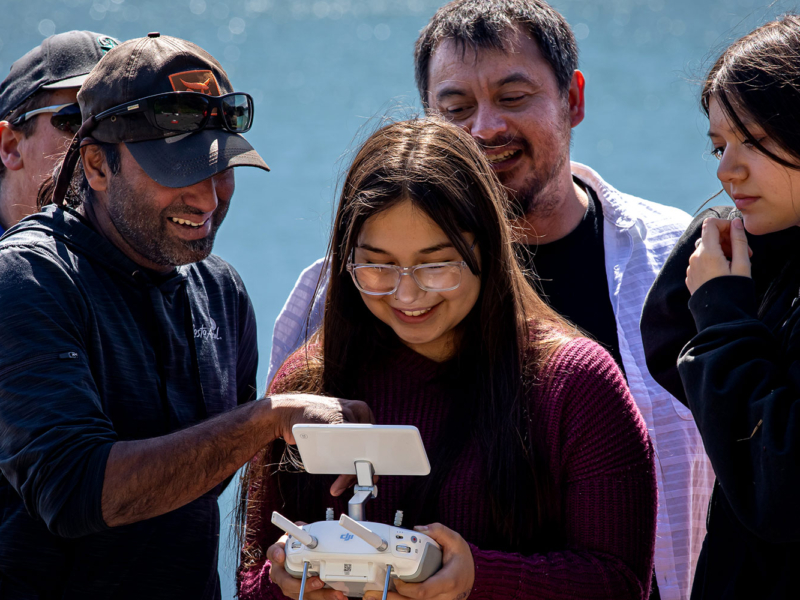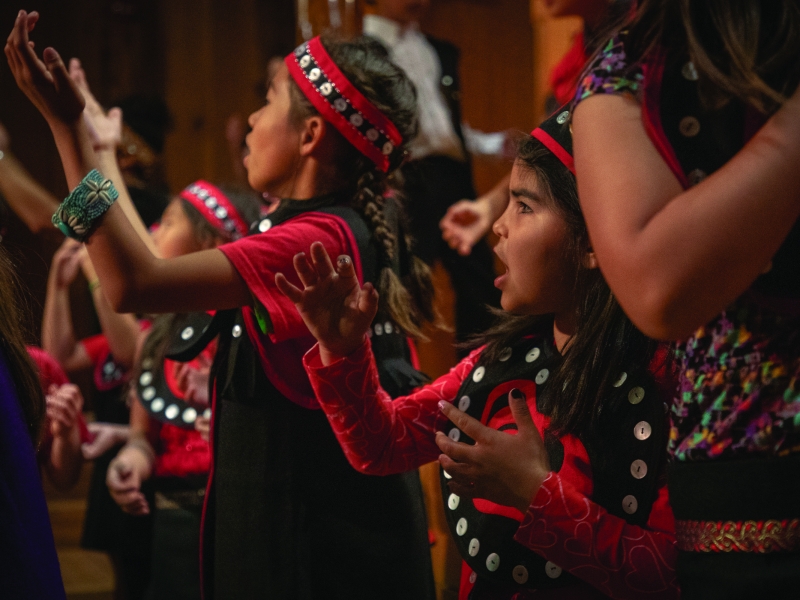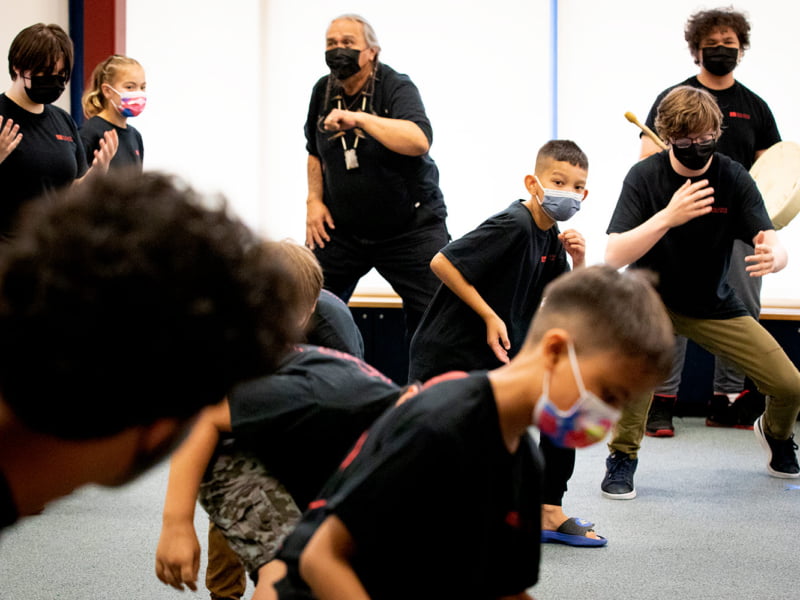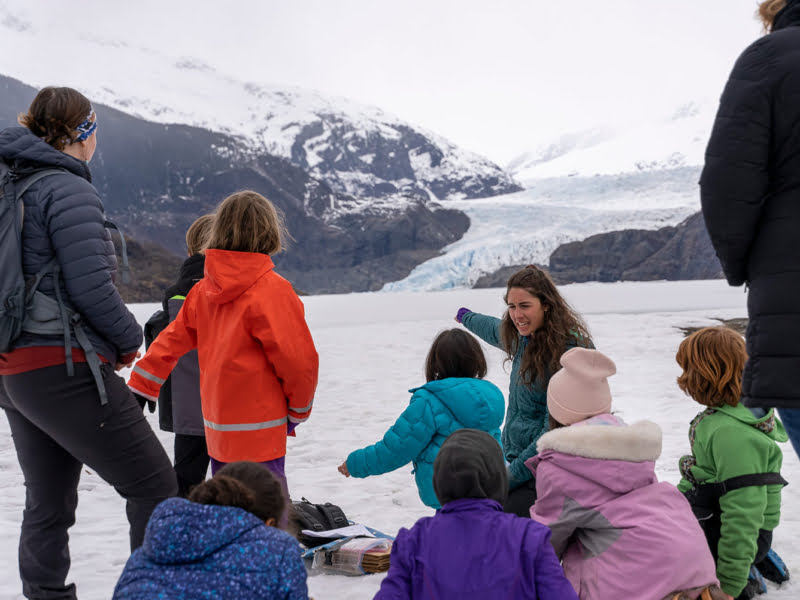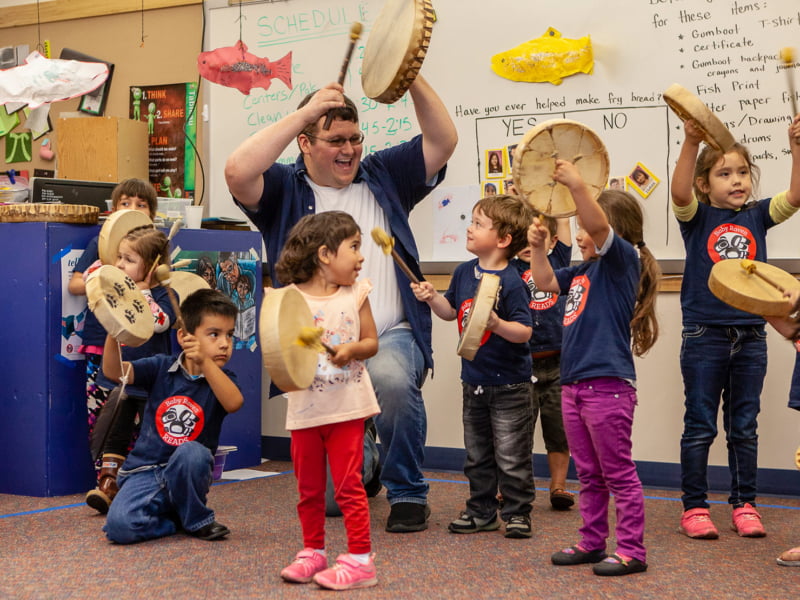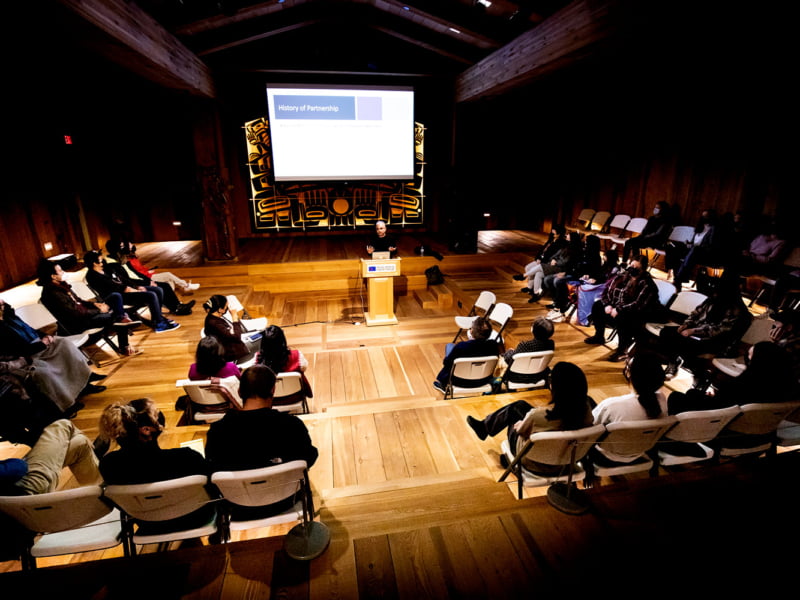SHI’s Indigenizing Education for Alaska
Sealaska Heritage Institute
SHI's IEA - INDIGENIZING EDUCATION FOR ALASKA
off shi Campus
SHI's Indigenizing Education for ...
Atnané Day Camp
Sealaska Heritage Institute
ATNANÉ DAY CAMP
off shi Campus
Atnané Day Camp
(Apply)SHI sponsors Atnané Day Camp, a ...
SHI Alaska’s Haa Latseení College & Career Prep
Sealaska Heritage Institute
SHI HAA LATSEENI | COLLEGE AND CAREER PREP
off shi Campus
HAA LATSEENI
SHI’s ...
SHI’s Native Youth Olympics (NYO)
Sealaska Heritage Institute
SHI's NATIVE YOUTH OLYMPICS (NYO)
off shi Campus
SHI's Alaskan Native Youth Olympics | ...
STEAM Science, Technology, Engineering, Art, Math
Sealaska Heritage Institute
SHI STEAM | SCIENCE, TECH, ENGINEERING, ART & MATH
off shi Campus
SHI's STEAM ...
SHI’s Tlingit Culture, Language, and Literacy
Sealaska Heritage Institute
SHI ELEMENTARY SCHOOL PROGRAMS
off shi Campus
The Tlingit Culture, Language, and Literacy (TCLL)
The ...
SHI Alaska’s Voices on the Land
Sealaska Heritage Institute
SHI VOICES ON THE LAND | ELEMENTARY CAMP.
off shi Campus
SHI's Voices on ...
SHI Alaska’s Raven Writes
Sealaska Heritage Institute
SHI'S RAVEN WRITES | ELEMENTARY CAMP.
off shi Campus
Raven Writes - Elementary Educational ...
SHI Alaska’s Pre-Kindergarten Support
Sealaska Heritage Institute
SHI PRE-KINDERGARTEN SUPPORT.
off shi Campus
Pre-Kindergarten Educational Support
(Enroll)Sealaska Heritage sponsors Baby Raven Reads, ...
SHI Conferences
Sealaska Heritage Institute
SHI ALASKA CONFERENCES.
Our Cultural Landscape Conference
conference.sealaskaheritage.orgWelcome to Our Cultural Landscape, Sealaska Heritage’s ...
